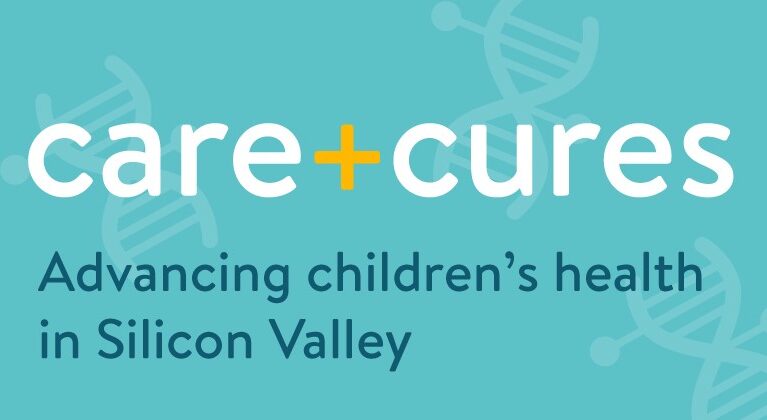Allcove: Mental Health Support for Youth on their Own Terms
Featured Speakers: Steven Adelsheim, MD and Emily Wang
Episode 02 | 25 minutes
“Our young people know what they need. They know what their challenges are, and have a great deal of wisdom about how to build connections with other young people and how to create spaces that young people will want to use.”
How might we co-create a more accepting culture and de-stigmatize mental health concerns for youth? In today’s environment, mental health is so important, and intervention starts early. Researchers and practitioners like Dr. Adelsheim, clinical professor and associate chair for community engagement, believe that involving youth in the process of creating interventions is so key to be successful. Allcove is a space for youth to find community, support, advice or even just a moment of pause.
In this conversation, Dr. Adelsheim and Youth Advisory Group member, Emily Wang, discuss some of the mental health concerns for youth today and how schools are addressing mental health, the current state of allcove , as well as some of the reasoning behind why it was created.
Episode Length: 25 min
1:16 – Youth mental health issues before and during the pandemic
2:04 – “What people describe as a suicide cluster is when really within a community, there may be three or more deaths by suicide of people within a set given period of time. There have been two periods of time where this has happened within the Palo Alto community and certainly, young people nationally, are at more risk of having suicide clusters than other age groups.”
6:28 – “Before I joined allcove, I was very unconfident. And I didn't believe that people would listen to me or my opinion was really valued, especially in something that historically has been kind of adult dominated. Because when you see, for example, in media, how mental health is portrayed, it's generally doesn't pertain to teens or if it is, it's kind of badly portrayed.”
7:09 – allcove’s role in helping the media discuss teen suicide responsibly
8:48 – Issues young people face that impact their mental health and lack of mental health awareness in schools
16:56 – allcove’s unique contributions to youth mental health, and how it’s different from other mental health locations
10:12 – “We really often think about mental health places is the place you could only go to when things get rough—really bad. [At allcove], we're trying to create a culture that allows for young people to go to a place that is designed by and for young people, where they can feel comfortable getting those early supports, asking those early questions, and being able to sort of sort out what they need.”
12:08 – “It's been very important to us to create a space and a model and a design and even a name that resonates with our young people, because our young people know what they need. They know what their challenges are, and have a great deal of wisdom if we're really would turn and listen to them, about how to build connections with other young people and how to create spaces that young people will want to use.”
13:07 – “When you come to allcove, you have a very supportive community. All of us here have the mutual goal of working towards mental wellness for everyone, try to be as inclusive of ability, gender, and sexuality, race, religious background, social, socioeconomic background, academic background, so on and so forth. As long as you're a young person who's passionate about mental health, or helping your community and becoming more mentally well, you're welcome at allcove.”
14:08 – How allcove helps youth with diverse backgrounds
17:56 – Dr. Adelsheim’s background
19:14 – Community support for allcove and early support from Santa Clara County: “We’re hoping that, over time, we can develop the resources to meet the broader need, across the state in the country, as we're getting more and more requests to help different communities build out this model, which is coming from rural communities and indigenous communities, large urban areas in California, but also across the rest of the United States.”
20:44 – Dr. Adelsheim’s tips for parents and children to help them start difficult conversations
About the Podcast
Care + Cures: Advancing children's health in Silicon Valley (a Lucile Packard Foundation for Children's Health podcast) unites families, donors, doctors and more to advance transformative healthcare for children. Echoing the innovative spirit of Lucile “Lu” Packard, the children’s hospital’s visionary founder, Cares + Cures delivers stories of patient triumphs and challenges, medicine’s successes and failures, and the power of community support—all coming together to change the world, one child at a time.
About the Host
Sarah Davis is a podcast producer and learning experience designer with interests in storytelling, healthcare, the science of learning, and design thinking. She splits her time between the East Bay and Des Moines, Iowa, where she enjoys finding new food adventures, biking the trail networks, and admiring sunsets after hikes in the hills. You can reach her at davispodcastproductions.com.


